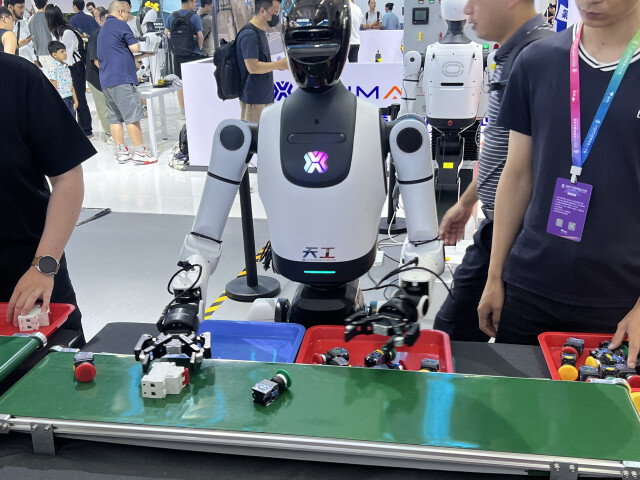
BEIJING – Wang Xingxing, the CEO of leading Chinese robotics company Unitree, has boldly predicted that a "ChatGPT moment" for the humanoid robot industry could arrive as early as the next three years. Speaking at the 2025 World Robot Conference forum in Beijing, Wang drew a parallel between the current state of embodied intelligence and the period just before the advent of large language models like ChatGPT.
According to a report by Caixin and other Chinese media outlets, Wang noted that the Chinese robotics sector has seen significant growth in the first half of this year, with manufacturers of both components and finished products experiencing an average growth of 50-100%. He stated, "The current stage of embodied intelligence is like the one to three years before ChatGPT's birth."
Wang defined the critical threshold for embodied intelligence as a humanoid robot's ability to understand and execute arbitrary commands from a user in an unfamiliar environment. He expressed confidence that this milestone is highly likely to be reached within three to five years, and potentially even sooner.
Challenging the prevailing industry consensus, Wang contended that the primary hurdle for embodied intelligence is not a scarcity of data, but rather a deficiency in the model architectures needed to effectively utilize that data. He explained that while the hardware for robots is sufficiently developed, the intelligence of embodied systems lags far behind that of language models. He further argued that the "scaling law," which posits that AI performance improves with increased data and computation, has not yet been established for embodied intelligence, necessitating a separate training model for each task.
Wang pointed to Google's recently announced "Genie3" model as a promising development. He described it as a video-driven world model that could allow robot companies to control their machines in real-world environments using similar video-generated models. He revealed that Unitree is already actively pursuing such an approach. This perspective offers a new direction for the industry, suggesting that architectural innovation, not merely data volume, will be the key to unlocking the next generation of intelligent robots.
[Copyright (c) Global Economic Times. All Rights Reserved.]




























